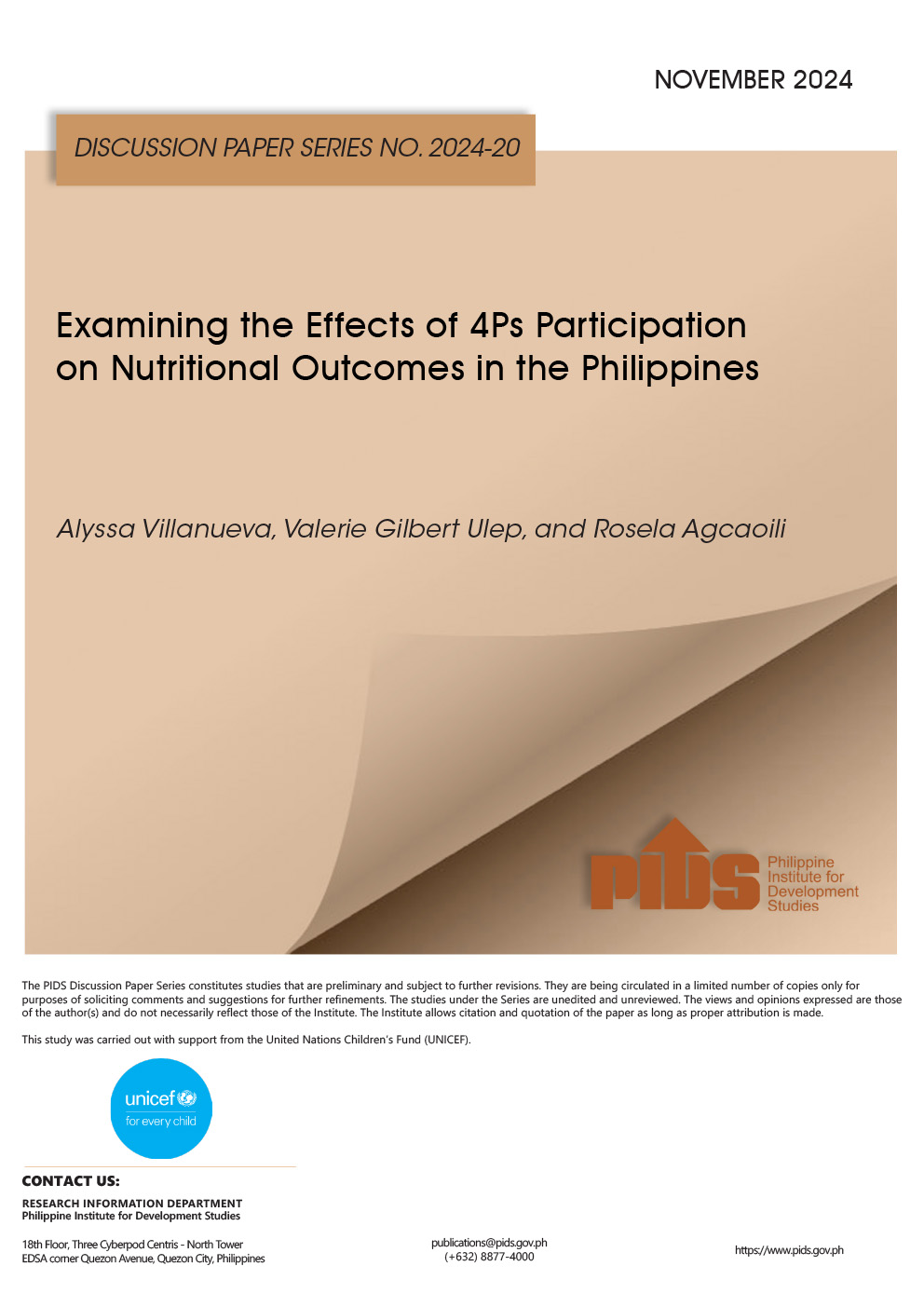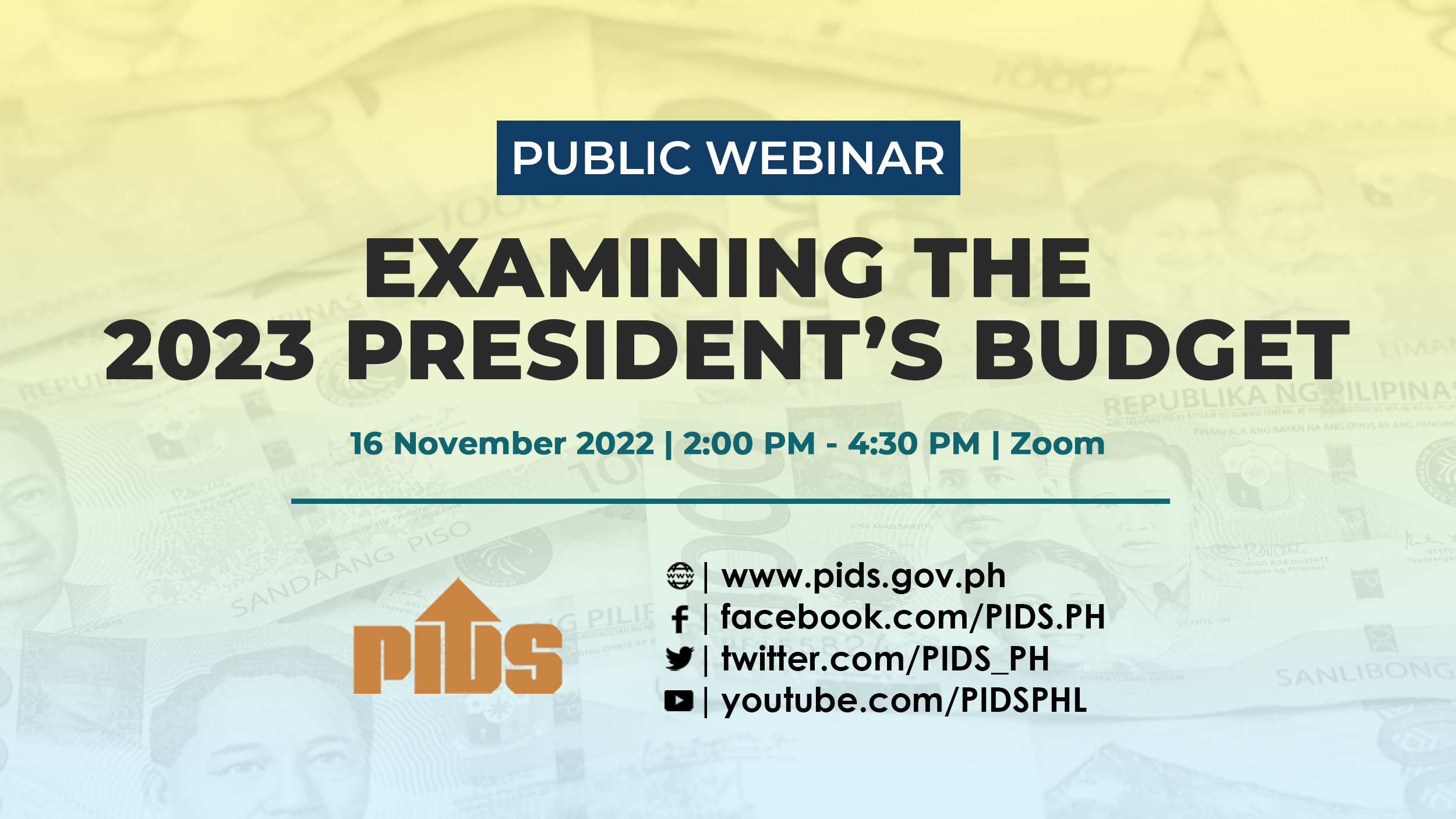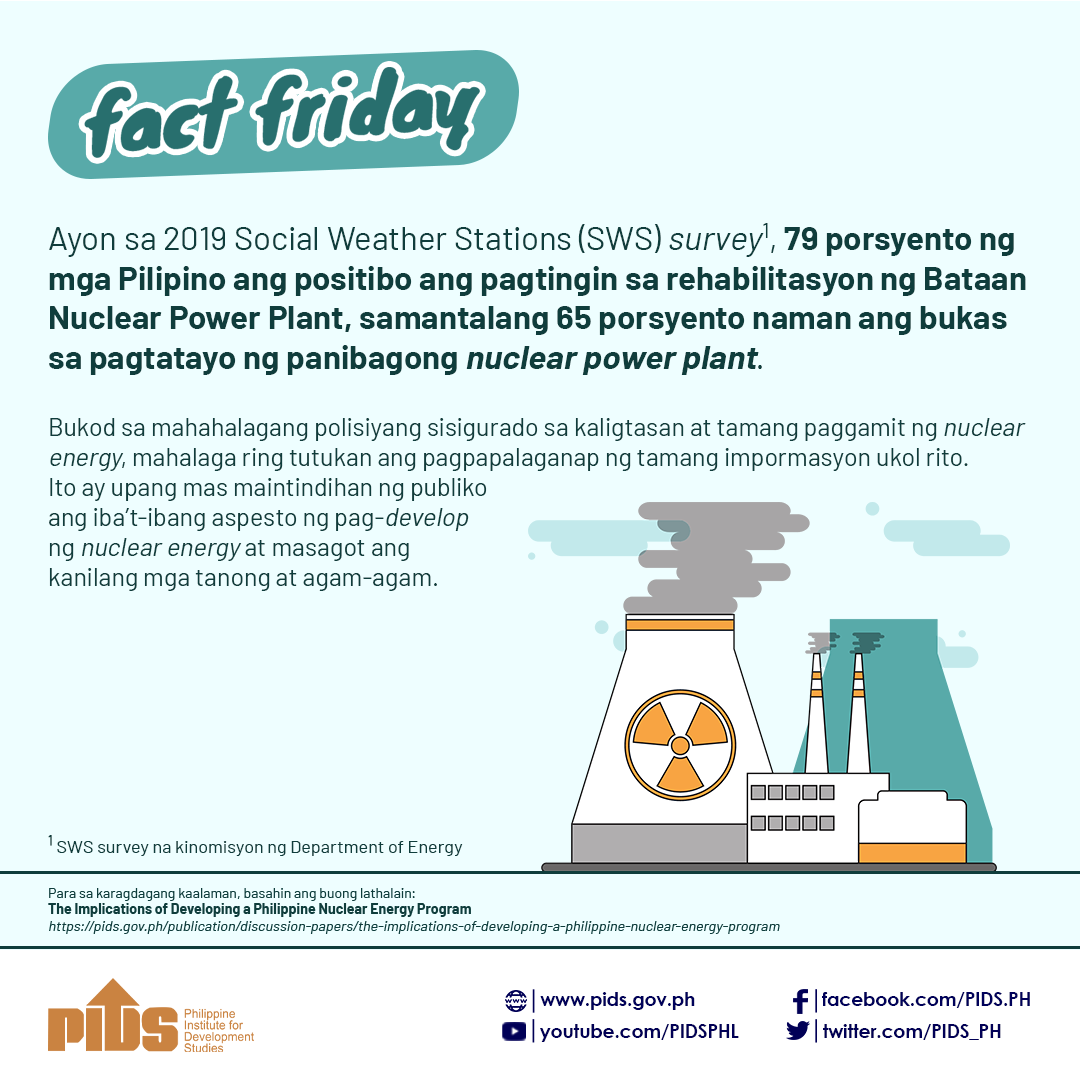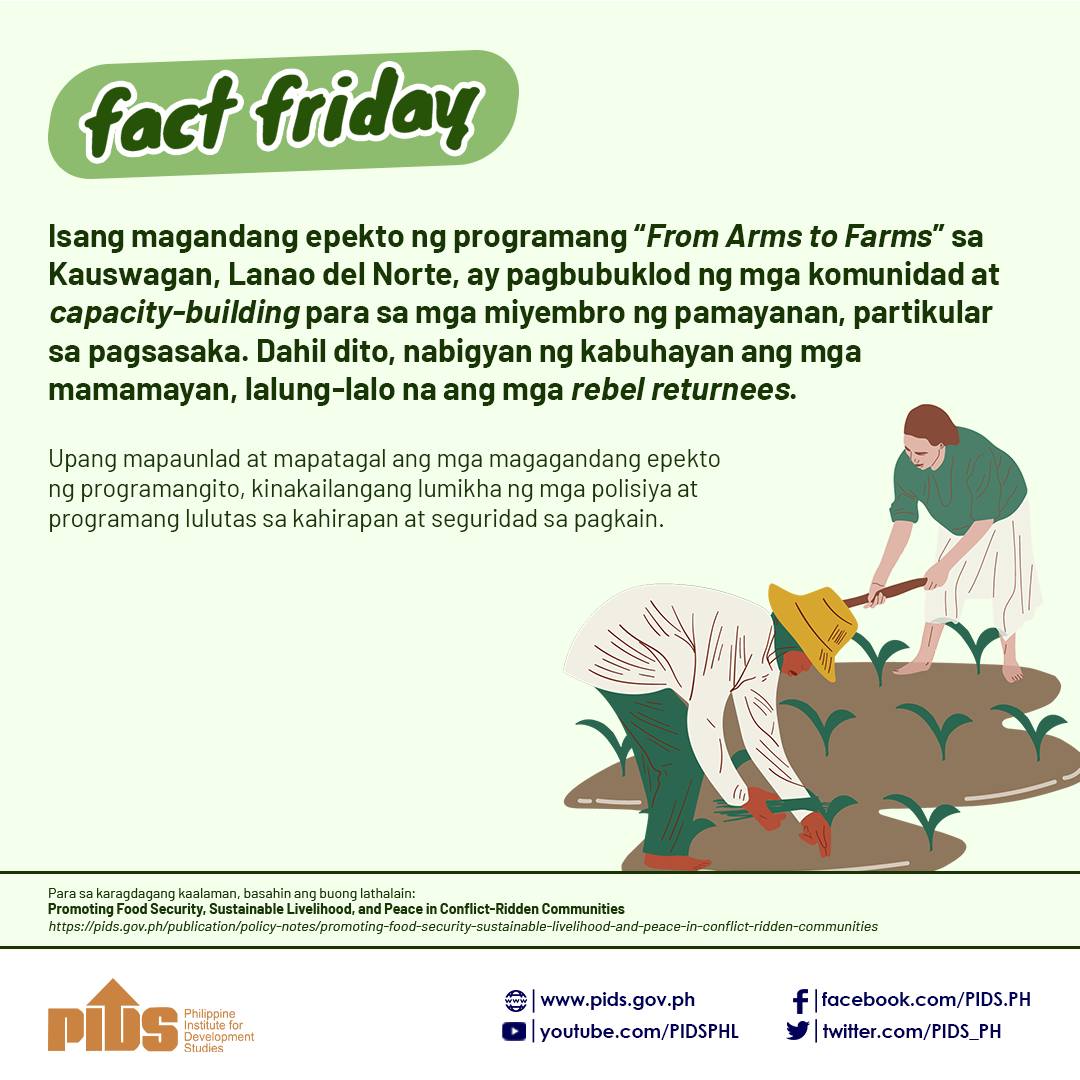The government’s refined sugar importation program may not be able to temper the spike in the price of the sweetener, according to a member of the Sugar Regulatory Administration (SRA) board.
SRA board member Roland Beltran, who represents the milling sector, noted that only industrial users and bottlers will be able to avail of the importation program, which calls for the purchase of 200,000 metric tons (MT).
Beltran said the importation program should have been opened to all eligible importers and end users.
During the deliberation on Sugar Order (SO) 3, he said he voted for the measure, but expressed reservations about the coverage of the import program.
He said limiting the program to industrial users and bottlers was “discriminatory, not beneficial to the consumers and may violate the equal protection clause.”
“The import program will not be beneficial to end-users particularly consumers since it is focused on the industrial users. They really want to address the high prices [of sugar in the domestic market] but apparently SO 3 zeroed-in in favor of the industrials,” Beltran told the BusinessMirror in an interview.
“If we wanted to address the high prices in the market, particularly in places where ordinary people get their sugar, logic dictates that the importation program should have been open to all.”
‘Additional uncertainty’
SRA Administrator Hermenegildo Serafica issued on Wednesday a memorandum circular which announced that SO 3 is “temporarily held in abeyance until further notice” following the Regional Trial Court of Negros Occidental’s issuance of a temporary restraining order (TRO) against it. (Related story: https://businessmirror.com.ph/2022/02/15/court-stops-sras-importation-of-200000-mt-of-refined-sugar/)
Philippine Institute for Development Studies (PIDS) senior research fellow Roehlano M. Briones said the issuance of the TRO “creates additional uncertainty” in the sugar market as this could lead to “potential speculation,” which may affect the movement of stocks and prices.
“Let’s say some players are already conditioned that 200,000 MT will enter the country and then suddenly it’s stopped. Some people may just hold on to their stocks since imports are not forthcoming. That would not lead to the easing of local prices,” Briones told the BusinessMirror.
He also said it would have been better if the government’s sugar importation program was “distributed openly” to all interested parties.
“The program could have been auction-based or market-based wherein the highest bidder wins. Let the winning bidder sell to whatever market he wants to sell it. That way it relaxes the price pressure and at the same time it will give the government additional income.”
The SRA’s previous sugar importation programs were opened to all sugar industry stakeholders, including sugar producers and consumers.
Sought for comment, Serafica said he “cannot say for certain” how the TRO issued against SO 3 “will impact the sugar market.”
“Nevertheless, SRA will continue to perform its mandate to maintain a balanced relation between production and requirement of sugar towards stabilized prices that is reasonable to producers and fair to consumers,” Serafica told the BusinessMirror via SMS.
Industry sources told the BusinessMirror that the TRO issued against SO 3 could cause local sugar prices to go up.
Latest SRA data showed that raw sugar production as of February 6 rose by 2.99 percent to 1.018 million MT from last year’s 989,204 MT. Raw sugar demand during the period expanded by 13.31 percent to 832,051 MT from 734,286 MT.
SRA data also showed that refined sugar output as of February 6 reached 353,779.10 MT, 41.79 percent higher than the 249,515.8 MT recorded a year ago. However, total refined sugar supply is down by 6.61 percent year-on-year to 585,934.9 MT.
The country’s total refined sugar demand rose by 7.15 percent to 444,231.8 MT from 414,582.65 MT.
SRA’s latest price monitoring reports showed that the mill-site price of raw sugar as of January 30 is at P1,892.32 per 50-kilogram bag.
The wholesale price of raw sugar as of February 2 is now at P2,025 per 50-kilogram bag while the average wholesale price of refined sugar has reached a record-high of P3,037.50 per 50-kilogram bag.
The retail price of raw sugar in Metro Manila currently ranges from P45 per kilogram (kg) to P58 per kg while refined sugar is being sold from P52 per kg to P75 per kg, according to SRA data.
SRA board member Roland Beltran, who represents the milling sector, noted that only industrial users and bottlers will be able to avail of the importation program, which calls for the purchase of 200,000 metric tons (MT).
Beltran said the importation program should have been opened to all eligible importers and end users.
During the deliberation on Sugar Order (SO) 3, he said he voted for the measure, but expressed reservations about the coverage of the import program.
He said limiting the program to industrial users and bottlers was “discriminatory, not beneficial to the consumers and may violate the equal protection clause.”
“The import program will not be beneficial to end-users particularly consumers since it is focused on the industrial users. They really want to address the high prices [of sugar in the domestic market] but apparently SO 3 zeroed-in in favor of the industrials,” Beltran told the BusinessMirror in an interview.
“If we wanted to address the high prices in the market, particularly in places where ordinary people get their sugar, logic dictates that the importation program should have been open to all.”
‘Additional uncertainty’
SRA Administrator Hermenegildo Serafica issued on Wednesday a memorandum circular which announced that SO 3 is “temporarily held in abeyance until further notice” following the Regional Trial Court of Negros Occidental’s issuance of a temporary restraining order (TRO) against it. (Related story: https://businessmirror.com.ph/2022/02/15/court-stops-sras-importation-of-200000-mt-of-refined-sugar/)
Philippine Institute for Development Studies (PIDS) senior research fellow Roehlano M. Briones said the issuance of the TRO “creates additional uncertainty” in the sugar market as this could lead to “potential speculation,” which may affect the movement of stocks and prices.
“Let’s say some players are already conditioned that 200,000 MT will enter the country and then suddenly it’s stopped. Some people may just hold on to their stocks since imports are not forthcoming. That would not lead to the easing of local prices,” Briones told the BusinessMirror.
He also said it would have been better if the government’s sugar importation program was “distributed openly” to all interested parties.
“The program could have been auction-based or market-based wherein the highest bidder wins. Let the winning bidder sell to whatever market he wants to sell it. That way it relaxes the price pressure and at the same time it will give the government additional income.”
The SRA’s previous sugar importation programs were opened to all sugar industry stakeholders, including sugar producers and consumers.
Sought for comment, Serafica said he “cannot say for certain” how the TRO issued against SO 3 “will impact the sugar market.”
“Nevertheless, SRA will continue to perform its mandate to maintain a balanced relation between production and requirement of sugar towards stabilized prices that is reasonable to producers and fair to consumers,” Serafica told the BusinessMirror via SMS.
Industry sources told the BusinessMirror that the TRO issued against SO 3 could cause local sugar prices to go up.
Latest SRA data showed that raw sugar production as of February 6 rose by 2.99 percent to 1.018 million MT from last year’s 989,204 MT. Raw sugar demand during the period expanded by 13.31 percent to 832,051 MT from 734,286 MT.
SRA data also showed that refined sugar output as of February 6 reached 353,779.10 MT, 41.79 percent higher than the 249,515.8 MT recorded a year ago. However, total refined sugar supply is down by 6.61 percent year-on-year to 585,934.9 MT.
The country’s total refined sugar demand rose by 7.15 percent to 444,231.8 MT from 414,582.65 MT.
SRA’s latest price monitoring reports showed that the mill-site price of raw sugar as of January 30 is at P1,892.32 per 50-kilogram bag.
The wholesale price of raw sugar as of February 2 is now at P2,025 per 50-kilogram bag while the average wholesale price of refined sugar has reached a record-high of P3,037.50 per 50-kilogram bag.
The retail price of raw sugar in Metro Manila currently ranges from P45 per kilogram (kg) to P58 per kg while refined sugar is being sold from P52 per kg to P75 per kg, according to SRA data.











